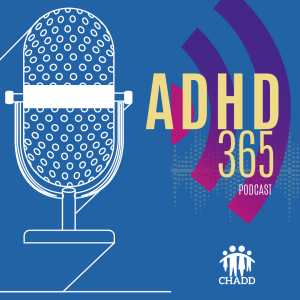
According to the US Centers for Disease Control and Prevention, in 2019, suicide was the second leading cause of death among adolescents ages 13 to 19 — and the leading cause of death among 13-year-olds. The suicide death rate among Black youth is increasing faster than any other racial/ethnic group. In addition, 18.4% of youth with ADHD made at least one attempt by age 18, in stark contrast to only 5.7% of youth without ADHD. What are some of the predisposing factors of ADHD that increase the risk of suicide? Michael Meinzer provides insight into the difference between suicidal ideation and self-harm, triggers, warning signs, treatment, and appropriate responses to help someone with suicidal thoughts. He also sets the record straight on myths that prevent individuals and family members from reaching out for support.
Michael Meinzer, PhD
Michael Meinzer, PhD, is an assistant professor in the department of psychology and the director of the Young Adult and Adolescent ADHD Services Lab at the University of Illinois at Chicago. He also directs UIC’s SUCCEEDS College ADHD Clinic. His research focuses on adverse outcomes (such as depression, early pregnancy, substance use, delinquency) that are particularly prevalent among individuals with ADHD during adolescence and early adulthood. Dr. Meinzer is interested in examining the mechanisms behind ADHD and comorbid psychopathology and subsequently developing tailored programming to address these difficulties. His work has been recognized by various mental health organizations and has been funded by the National Institute of Mental Health. He received the Young Scientist Award from CHADD in 2016. He serves as the chair (elect) of the ADHD special interest group for the Association of Behavioral and Cognitive Therapies (ABCT) and the secretary (designate) of the Society of Clinical Child and Adolescent Psychology (Division 53 of the American Psychological Association). Dr. Meinzer is also a consulting editor of Clinical Research Digest, the Journal of Consulting and Clinical Psychology, and the Journal of Attention Disorders.
No comments yet. Be the first to say something!